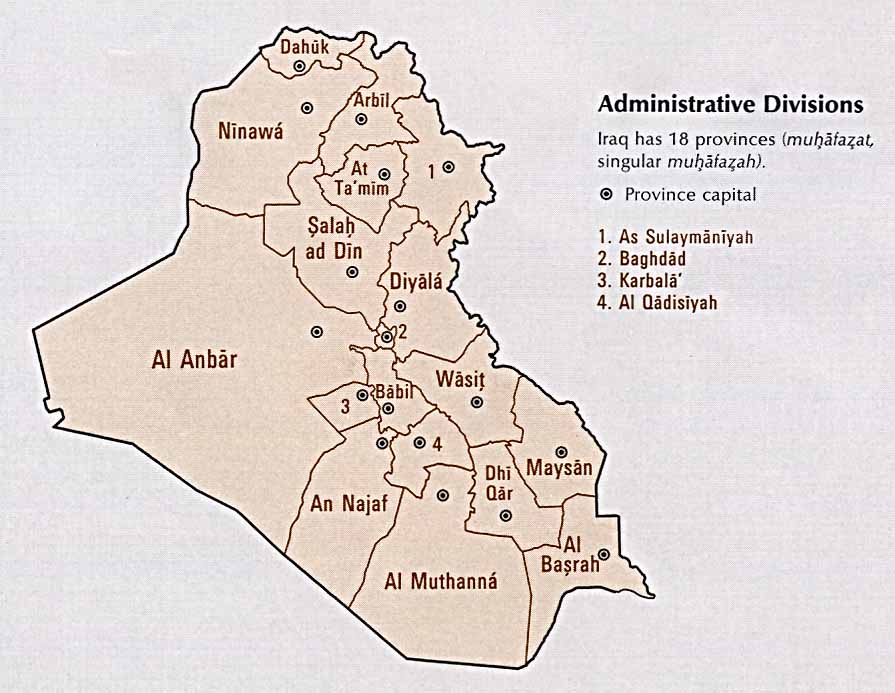 The U.S. is working with Iraq to secure the Iranian border along four provices Basra, Maysan, Wasit and Diyala
The U.S. is working with Iraq to secure the Iranian border along four provices Basra, Maysan, Wasit and DiyalaThe U.S. is working to secure the border with Iran in three southern provinces, Basra, Maysan, and Wasit, and in Diyala in the east. These governorates contain the four main routes arms smugglers use to supply Iranian weapons to the Special Groups. The U.S. is trying to create a unified border control system in the process. The American forces are setting up outposts across from Iran at major points to interdict smugglers in the south. They are also reaching out to local tribes and training the Iraqi border guards to monitor the trade and travel of Iranians going to and from. Yesterday, July 29, the government launched its latest offensive in Diyala. The U.S. and Iraqi forces are planning on operating along the Iranian border to interdict arms flows.
While the U.S. military believes that Iraqis smuggle most of the weapons, they originate from the Qods Force of the Iranian Revolutionary Guards led by General Qassem Suleimani. He is in charge of Iraq policy, including arming and training the Special Groups. The Qods Force has a special group for Iraq called the Ramazan Corps. In turn, the Ramazan Corps created three commands for Iraq. They operate out of the Iranian cities of Mehran, Ahaz, and Marivan. From these bases, Iranian supplies flow into major cities such as Amara in Maysan, Basra, and Diyala province, and then into the interior. One such route goes from Basra up Highway 8 through the provinces of Dhi Qar, Diwaniyah, Babil, and then the southern districts of Amil, Bayaa and Abu Disheer in the capitol where Special Group units are based.
The hope is with the changed security environment, both the U.S. and Iraqis can have the forces to concentrate not only on breaking up the Special Groups, but also their lines of supply that lead back to Iran. Military operations are on going throughout central and southern Iraq to do that first job. The new border policy is a move towards accomplishing the second. Iran has already lost many assets in Iraq in the recent fighting. This new policy could be aimed at limiting their influence within Iraq even more without attacking Iran itself, something the U.S. military is not hot on since it has its hands full with Iraq and Afghanistan. Ultimately, the goal should be to convince Iran that it can’t support the Iraqi government, while also sowing chaos behind the scenes with the Special Groups. Iran needs to be more constructive in Iraq rather than trying to have it both ways.
SOURCES
Ahmed, Farook and Cochrane, Marisa, “Recent Operations against Special Groups and JAM in Central and Southern Iraq,” Institute for the Study of War, 4/7/08
Burns, Robert, “Crackdown focuses on arms smuggling from Iran,” Associated Press, 7/18/08
Paley, Amit, “U.S. Deploys a Purpose-Driven Distinction,” Washington Post, 5/21/08
Roggio, Bill, “Iran’s Ramazan Corps and the ratlines into Iraq,” Long War Journal.org, 12/5/07
Strobel, Warren and Fadel, Leila, “Iranian who brokered Iraqi peace is on U.S. terrorist watch list,” McClatchy Newspaper, 3/31/08




No comments:
Post a Comment